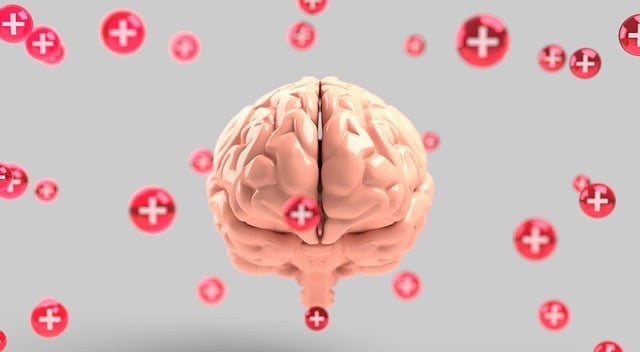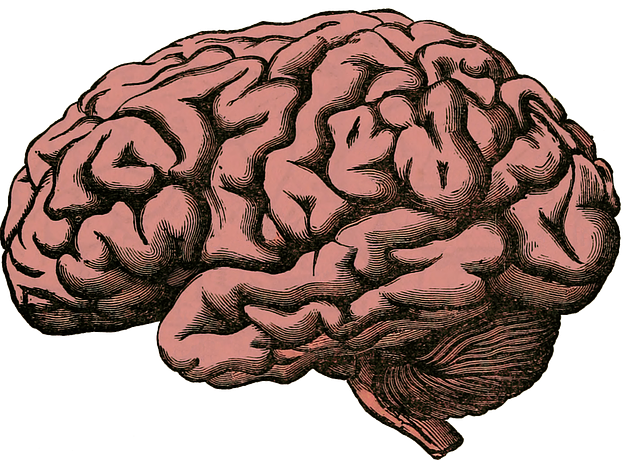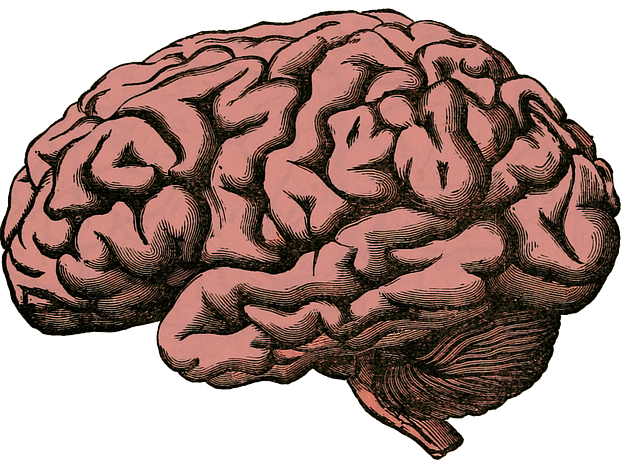Evaluating mental wellness programs at institutions like Boulder Neuro Disorders Therapy involves a multi-faceted approach combining quantitative and qualitative methods. Researchers use surveys, questionnaires, and statistical analysis to track changes in participant well-being before and after program implementation, helping to justify program continuation and tailor techniques based on demographics. In-depth interviews provide valuable personal experiences and perspectives. Longitudinal assessment tracks progress over time, crucial for understanding long-term effectiveness. Cultural sensitivity ensures tailored programs for diverse populations, while stakeholder feedback from therapists, educators, parents, and individuals with neurodisabilities guides continuous improvement.
In today’s fast-paced world, mental wellness programs play a crucial role in fostering resilience and enhancing overall well-being. Effective evaluation methods are essential for understanding the impact and refining these initiatives. This article explores diverse assessment techniques, from quantitative data analysis to qualitative participant experiences, offering valuable insights into program success. We delve into longitudinal studies tracking progress, stakeholder feedback mechanisms, and how engaging communities like Boulder Neuro Disorders Therapy can drive continuous improvement in mental wellness interventions.
- Assessing Program Impact: Quantitative Methods for Mental Wellness Initiatives
- Qualitative Insights: Uncovering Participant Experiences through Interviews and Surveys
- Longitudinal Evaluation: Tracking Progress and Measuring Sustainability
- Stakeholder Feedback: Engaging Communities and Experts in Program Improvement
Assessing Program Impact: Quantitative Methods for Mental Wellness Initiatives

Evaluating the impact of mental wellness programs is a critical step in understanding their effectiveness and making data-driven improvements. Quantitative methods offer a structured approach to assess these initiatives, providing valuable insights into program success. Researchers and practitioners can employ various techniques, such as surveys, questionnaires, and statistical analysis, to measure changes in participant well-being. For instance, tracking mental health scores before and after program implementation using standardized tools can reveal significant improvements or areas that require refinement.
In the context of Boulder Neuro Disorders Therapy, quantitative methods could involve comparing pre-post intervention data on symptoms like anxiety, depression, and stress levels. This rigorous evaluation is essential for justifying program continuation and identifying specific components driving positive outcomes, such as enhanced confidence boosting strategies or burnout prevention techniques for healthcare providers. Moreover, by analyzing participant demographics and program adherence rates, researchers can tailor conflict resolution techniques to better serve diverse populations.
Qualitative Insights: Uncovering Participant Experiences through Interviews and Surveys

Qualitative insights play a pivotal role in evaluating mental wellness programs, offering a deep dive into participant experiences and perspectives. Through in-depth interviews and comprehensive surveys, individuals enrolled in programs like Boulder Neuro Disorders Therapy can share their journeys, challenges, and triumphs. This qualitative data provides invaluable context, allowing for a nuanced understanding of how the program impacts participants’ lives.
For instance, these methods can uncover the effectiveness of empathy building strategies employed by therapists. Participants may highlight moments where they felt truly heard and understood, bolstering their sense of inner strength development. Moreover, surveys can probe into the integration of mind over matter principles within the therapy setting, gauging their influence on participants’ coping mechanisms and overall mental wellness.
Longitudinal Evaluation: Tracking Progress and Measuring Sustainability

Mental wellness programs are evaluated using various methods to gauge their effectiveness and impact over time. One such method is longitudinal evaluation, which involves tracking participants’ progress from the start of the program until several months or even years later. This approach allows for a comprehensive understanding of how the program’s interventions sustain positive changes in mental health outcomes. For instance, Boulder Neuro Disorders Therapy utilizes longitudinal evaluation to measure the long-term effects of their innovative treatment methods on individuals dealing with neurological conditions.
By adopting this strategy, mental healthcare providers can assess whether the skills and strategies learned during therapy, such as coping skills development and compassion cultivation practices, remain effective in managing stress and improving overall well-being over time. Additionally, cultural sensitivity in mental healthcare practice emerges as a critical aspect evaluated through longitudinal studies, ensuring that diverse populations benefit from these programs and that cultural considerations are integrated into the treatment process.
Stakeholder Feedback: Engaging Communities and Experts in Program Improvement

In the realm of mental wellness program evaluation, stakeholder feedback plays a pivotal role in refining and enhancing initiatives like those offered at Boulder Neuro Disorders Therapy. Engaging communities and experts directly involved in or affected by the program is essential for improvement. This collaborative approach ensures that the program development process remains dynamic and responsive to evolving needs. By incorporating insights from diverse stakeholders—including therapists, educators, parents, and individuals with neurodisabilities—the program can tailor its strategies, such as Social Skills Training and Conflict Resolution Techniques, to be more effective and accessible.
Expert feedback not only refines the content of mental wellness coaching programs but also contributes to their overall development. This collaborative effort fosters a culture of continuous improvement, ensuring that programs like those at Boulder Neuro Disorders Therapy remain cutting-edge and responsive to the latest research in the field. Such engagement is crucial for addressing the unique challenges faced by individuals with neurodisabilities, ultimately enhancing their mental wellness outcomes.
Evaluating mental wellness programs is a multifaceted process, encompassing both quantitative and qualitative approaches. By employing methods such as assessing impact through data analysis, gathering qualitative insights from participant experiences, conducting longitudinal studies for progress tracking, and leveraging stakeholder feedback, initiatives like Boulder Neuro Disorders Therapy can effectively measure their effectiveness and make informed improvements. Integrating these evaluation techniques ensures programs remain sustainable, tailored to participant needs, and ultimately enhance mental wellness outcomes.













